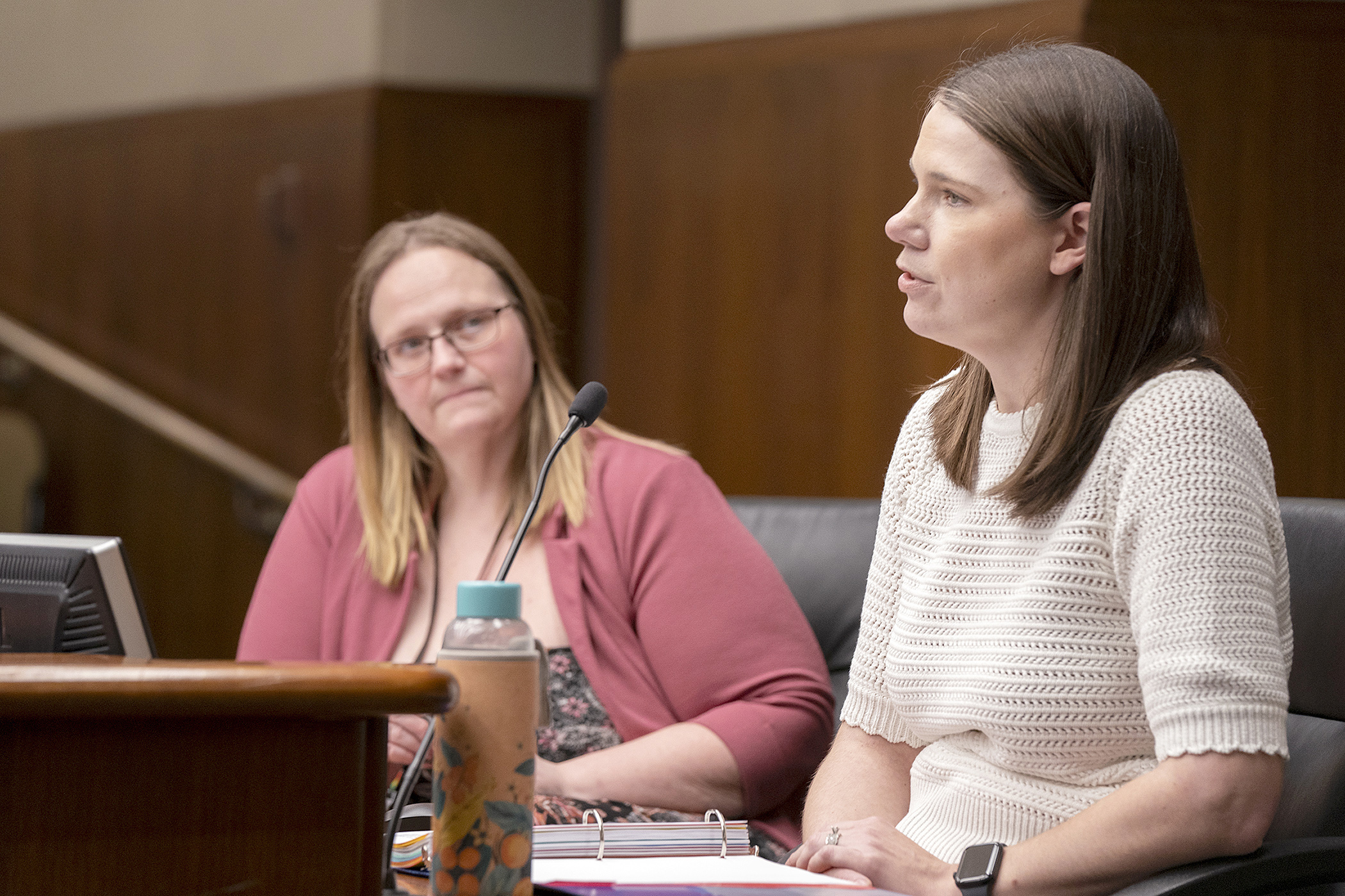Caregivers could gain more access to respites under panel-approved bill

Everyone needs a break sometimes. That’s especially true if you’re a caregiver for a child with a disability who requires a lot of assistance with the tasks of everyday living.
But Rep. Kim Hicks (DFL-Rochester) believes a 2020 state law made it a lot harder for caregivers to get a break. More licensing requirements were placed upon the providers of out-of-home respite services for children, those offering options for temporary care while primary caregivers rest, recharge or take care of other responsibilities. Among them are requirements that the temporary caregiver be related to the child for whom they’re caring and cannot have another minor in the household.
Hicks seeks to eliminate some of those obstacles via HF3711, which would establish several exemptions from the requirements for a licensed setting and allow out-of-home respite services in an unlicensed setting if certain requirements are met.
The bill was approved by the House Human Services Policy Committee Monday and re-referred to the House Human Services Finance Committee.
In describing how state policy has changed with the implementation of new licensing requirements, Sara Grafstrom, senior director of state and federal policy for the Association of Residential Resources in Minnesota, used as an example a retired special education teacher who provides respite services in her home for a former student for two weekends each month. She said that, under the 2020 change, her home would have to become a licensed facility.
“This change has drastically reduced the amount of available respite, certainly in Greater Minnesota, where finding a licensed setting with an opening for respite can be hard to come by,” she said.
Under the bill, those seeking to be exempted from licensure would have to have background checks for all residents in the home over age 13, case managers and legal guardians must visit and assess the facility, and the child could not be in the home for more than 10 consecutive days and no more than 46 days in a calendar year.
Larry Hosch, policy manager for the Office of the Inspector General in the Department of Human Services, said the Department has some concerns about exceptions language in the bill that it’s working to address with the sponsors.
“This isn’t becoming the wild west,” Hicks said. “This is parents and case managers working to come up with solutions that work for individual families.”
Related Articles
Search Session Daily
Advanced Search OptionsPriority Dailies
Legislative leaders set 2026 committee deadlines
By Lisa Kaczke Legislative leaders on Tuesday officially set the timeline for getting bills through the committee process during the upcoming 2026 session.
Here are the three deadlines for...
Legislative leaders on Tuesday officially set the timeline for getting bills through the committee process during the upcoming 2026 session.
Here are the three deadlines for...